Wrongful Death in Nursing Homes
Having a loved one pass away is always a hard time, but knowing it is due to the negligence of administrators and/or employees of a nursing home makes it harder. It can be considered a wrongful death if the reason for the death was from neglect or abuse.
Older adults and their families rely on nursing homes or known as assisted living facilities to provide high-quality care. When this doesn’t happen the consequences can be fatal. Death is never an easy thing to face. When the death stems from nursing home abuse or neglect it can feel worse as there could be a chance they would still be alive if they received proper care.
What Causes Wrongful Deaths in Nursing Homes?
In most cases, a wrongful death stems from nursing home neglect or abuse. Serious, but completely preventable, injuries happen when there is a form of care that is below the standard form of care. Nursing home residents likely require professional helo with their daily living. This can be anything from just daily tasks like getting up to walk or basic needs like hydration. Here are some of the reasons that wrongful death can happen:
- Failing to meet the patient’s dietary and hydration needs. Many nursing home patients require feeding tubes that may not be properly inserted or the patient can’t feed themselves. Some residents are at risk of choking if they don’t take things slowly or have small enough bites. When a caregiver rushes through feedings or offers food that doesn’t meet their diet restrictions it can get deadly. Severe dehydration can also happen if a resident can’t lift a cup or get the hydration they need.
- Fall risks. Many nursing home residents are prone to falling as they grow older. When the nursing home doesn’t take the proper precautions to prevent falls they can prove to be fatal. Wandering patients are at the highest risk as they are not being monitored.
- Bedridden patients. There are many residents in nursing homes that are bedridden or immobile. This makes them prone to bedsores, pressure ulcers, or decubitus ulcers. If these wounds are allowed to develop and aren’t treated then patients can become vulnerable to severe infections.
- Moving patients. An appropriate lift, that is in good working order, should be used to move patients from their bed or wheelchair to ensure their safety. If one isn’t used then the resident can be critically injured during the move.
- Medication errors. Giving the wrong dose, the wrong medication, or failing to give the medication at all can result in a resident’s death.
Families trust nursing homes to take care of their loved ones. If you suspect your loved one has passed due to nursing home abuse contact a nursing home abuse lawyer, for more information about what you can do.






